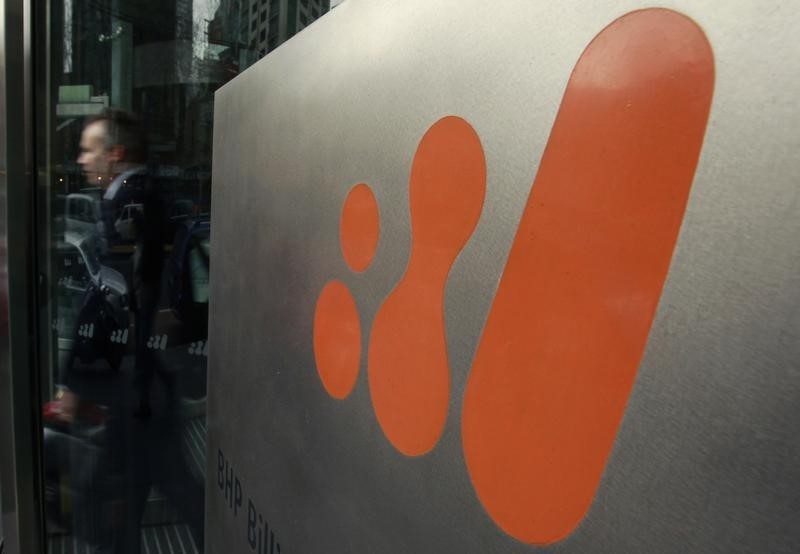* Mining firms hunting for savings at all levels of business
* Have been hit hard by plunging commodity prices
* Worker perks seen in boom years are disappearing
* Miners face 'cost-grind environment' -analyst
By James Regan
SYDNEY, April 21 (Reuters) - From trimming menus in staff canteens to cutting back on soap and washing detergent at worker camps, the global mining industry that once lavished perks on employees is scrimping like never before as a brutal downturn engulfs minerals markets.
After frantically cutting costs by slashing jobs, freezing salaries and squeezing more from suppliers, mining companies are now scrambling to unearth savings in even the most mundane parts of their businesses.
"It's not to the point yet where employees are being asked to grow their own vegetables or stay in farmhouses, but if you're not seen attacking costs at any level, no matter how small, it's not a good look," said Kevin Kartun, a geologist and principal of Karmar Mining Services in Sydney.
In the boom years, Australian mining companies typically laid on daily barbecues for 'fly-in fly-out' workers in remote locations, as well offering luxury comforts and entertainment such as jetting in rock bands to play gigs.
But, with prices for everything from coal to copper decimated in recent years as China's economy slows, such lavishness has disappeared.
"Living arrangements today are so different from the go-go days, when companies would do anything to keep you," said an iron ore miner, who declined to be identified due to the sensitivity of the issue.
"These days I might have a beer after my shift and call it a night."
Perks such as free extra soap and laundry detergent are being scrubbed out, while menu options in canteens are being narrowed to reduce waste, according to Rachel Tan, marketing manager for Morris Corporation, which manages remote mine sites in Australia.
"Our clients are telling us that cost cutting is very much a priority, every step of the way," she said.
Meanwhile, global mining giant BHP Billiton BLT.L has ditched free water bottle dispensing machines at its office tower in Perth in what it described as a "huge cost saving".
And fitness aficionados at one Rio Tinto RIO.L iron ore mine scoured old mining camps for used exercise equipment to build their gym. That saved the company $22,000, according to Michael Gollschewski, managing director of Rio's Pilbara Mines division.
Elsewhere, Agnico-Eagle's AEM.TO Meadowbank gold mine in Canada's remote Arctic, which produces its own power from burning diesel, has developed a system to use waste heat generated in the process to warm miners' sleeping quarters and water for showers.
GRINDING COSTS
On their own, each of these measures are unlikely to do much to help mining firms. Rio posted $866 million in losses in 2015, Glencore GLEN.L lost almost $5 billion and Anglo American AAL.L ended the year $5.6 billion in the red.
But the hope is that collectively they will have an impact. Plus, with paper-thin margins, it doesn't hurt to show shareholders a frugal side.
"These small things may not be significant on their own," said Peter O'Connor," an analyst at investment firm Shaw & Partners in Sydney.
"But miners now exist in a cost-grind environment and need to be very judicious with every dollar - to continually do more and more with less and less - and that's what we're seeing."
And employees, of course, have plenty of incentive to join in austerity drives, hoping to hang on to their jobs even as thousands disappear across the sector. Metals Group's FMG.AX iron ore mines are among those offering suggestion boxes for employee ideas on cost savings.
One idea out of some 4,000 submitted under a programme dubbed 'Have a crack' - replacing disposable plastic snack boxes with reusable ones - has saved around $100,000 so far, according to Chief Executive Nev Power.
"All and everything will be considered," Power said.
